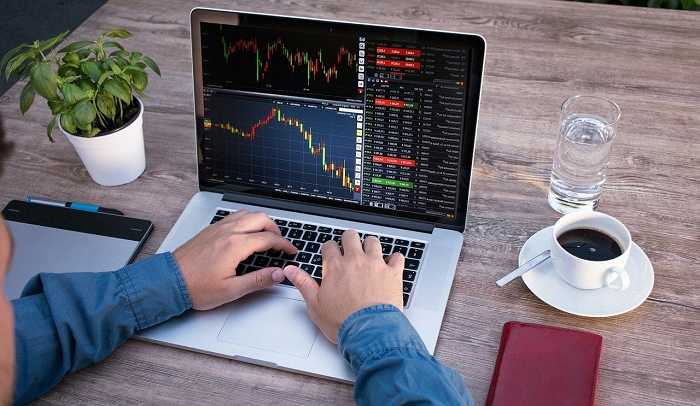Forex Trading: A Trader's and Investor's Perspective
People that trade Forex are also familiar with other markets
that have been operating for a longer time, such as equities and commodities.
If you want to get into this form of business, you must first decide whether
you want to be a trader or an investor. You will know how you will move within
the market if you become a trader or an investment. This is where you will make
all future decisions regarding your transactions.
Are You a Trader?
Traders come in a variety of shapes and sizes. You can be a
day trader, a swing trader, or a variety of other things. As a result, you will
only be able to keep the job for a short time. It could take anywhere from a
few seconds to several days.
As a trader, you'll make decisions based on technical
factors. You'll assess the situation using indicators and graphs. You'll take
it and move on to the next market as soon as you've made a profit. If you lose,
you'll be able to get away from it by switching to another game. You're always
on the lookout for a profitable opportunity. You don't hold anything in your
hands. You simply want to make money quickly.
You're in the Forex market for the money, for a quick
profit, and nothing else. As a trader, your eyes see what short-term benefits
you can expect. You aren't involved in the trading strategies very much. Once
the rock is sliding, you will back away and take whatever amount is accessible.
Are You an Investor?
When you're an investor, both your intellect and heart are
focused on the trading strategies. You go into it with a long-term objective in
mind. You'll buy and hold your positions for a certain amount of time, whether
it's a few months or years.
Investors use long-term macroeconomic data and research
interest rate and economic growth cycles to inform their decisions. You're also
interested in researching global currency movements and policy.
This is similar to a marriage to the trade in that you will
stay to your transactions through thick and thin, whether you are losing or
winning. You won't be able to obtain your profit quickly; instead, you'll have
to wait for it to increase in the markets.
So, before you jump into Forex trading, consider whether you're a trader or an investor. After that, you'll have to make a lot of decisions based on this first analysis that you'll have to consider.
Additional Terms Related to Forex
The list of key terms you might encounter on trading platforms, in addition to the Forex terms outlined above, is provided below. It might be beneficial to your trade to understand these concepts, especially if you want to develop a trading plan.
Stop Loss Order: Once a losing position reaches a certain level, this market order is used to close it.
An order to close a profitable trade once it hits a specified level is known as a "close at profit order."
Using more comprehensive economic and political data, fundamental analysis forecasts the direction in which a currency pair will move. Traders who employ this method of analysis typically consider how larger economic shifts may affect the value of currency pairs.
Technical analysis uses chart patterns (of prior performance) to forecast the next move of a currency pair.
Major Pairs (or Majors): A list of the currency pairs that are traded the most globally. They make up the greatest portion of the foreign exchange market and all of them, including the EUR/USD, GBP/USD, USD/CHF, and USD/JPY, are priced and traded against the USD.
Currency pairs that are neither as liquid nor as actively traded as the Majors are known as Minor Pairs (or Minors). Exotics are another name for them, as with the AUD/JPY.
Currency pairs that do not include the USD are known as cross currency pairs (or crosses). Popular crosses include Australian Dollar to Japanese Yen (AUD/JPY), Euro to Swiss Franc (EUR/CHF), and Euro to Pound (EUR/GBP).
To sum up, these are only a few of the fundamental concepts you should be familiar with before trading Forex currency pairings.
There are many more, and depending on the types of trades you are doing and the currencies you wish to work with, some of them will be more pertinent to you than others. Visit Plus500.com to learn more if you want to be informed about Forex, the movement of Forex pairs, and market news relating to Forex and other assets.


تعليقات
إرسال تعليق